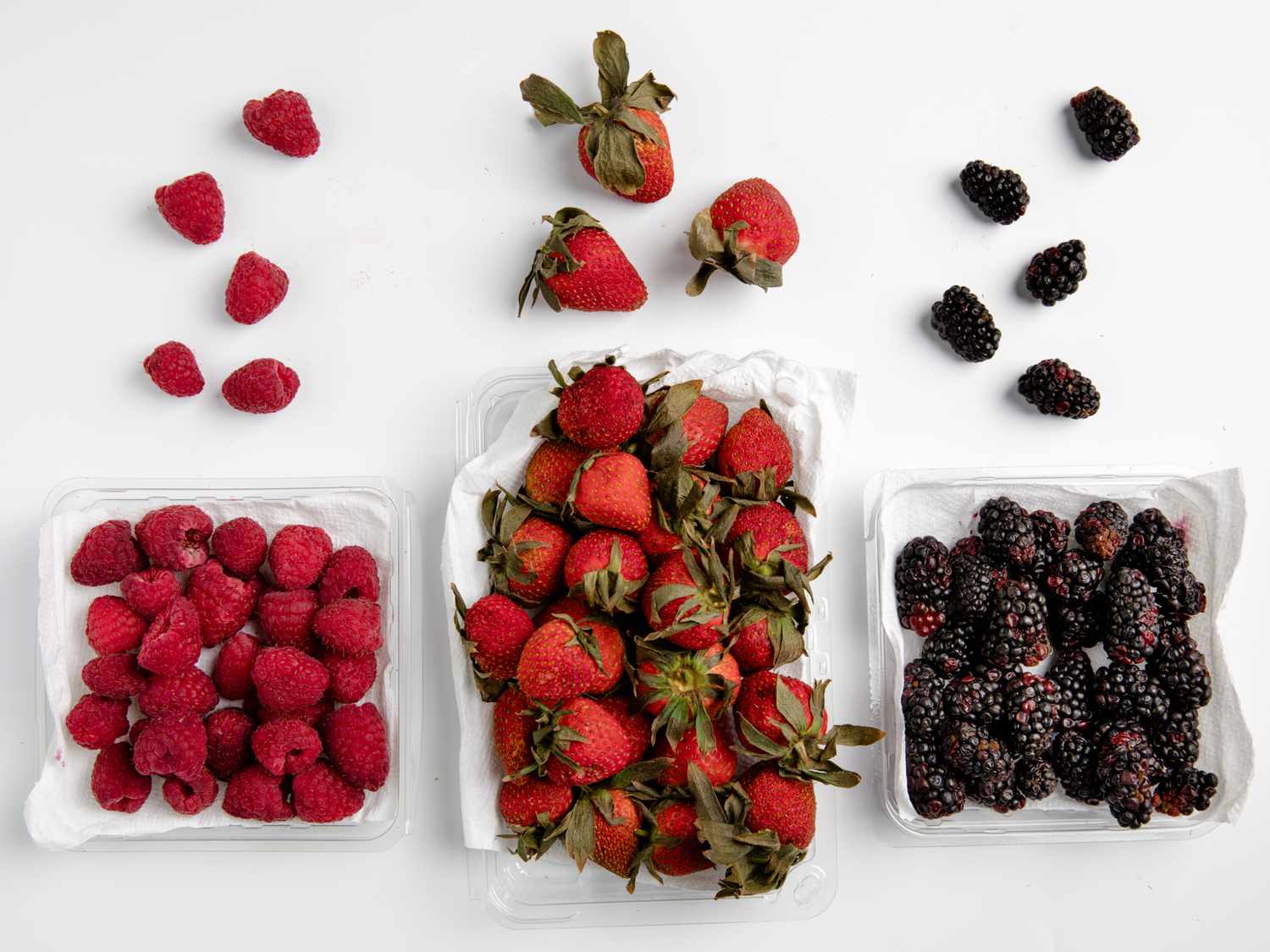

Articles
How To Store Raspberries And Blackberries
Modified: January 19, 2024
Learn the best methods for storing raspberries and blackberries in this informative articles. Preserve their freshness and taste with these helpful tips.
(Many of the links in this article redirect to a specific reviewed product. Your purchase of these products through affiliate links helps to generate commission for Storables.com, at no extra cost. Learn more)
Introduction
When it comes to enjoying the sweet and tangy flavors of raspberries and blackberries, there’s nothing quite like indulging in fresh, ripe berries. However, the season for these delectable fruits can be short, and it’s not always possible to consume them all at once. That’s where proper storage techniques come into play.
Storing raspberries and blackberries correctly is essential to maintain their freshness, flavor, and nutritional value, allowing you to savor them for an extended period. Whether you’ve just picked them from your garden or purchased them from the local farmers’ market, knowing the best storage methods will help you keep these berries at their peak.
In this article, we will explore various storage options for raspberries and blackberries. From refrigeration to freezing, canning, and dehydrating, we’ll cover how to prolong the shelf life of your berries. So let’s dive in and learn how to store these delicious fruits effectively.
Key Takeaways:
- Extend the lifespan of raspberries and blackberries by choosing high-quality berries, handling them with care, and following specific storage guidelines for refrigeration, freezing, canning, or dehydrating.
- Enjoy the sweet and tangy flavors of raspberries and blackberries year-round by utilizing various storage methods, such as refrigeration, freezing, canning, and dehydrating, while following additional tips for long-term storage.
Read more: How To Store Blackberries
Choosing Fresh Raspberries and Blackberries
Before you even think about storing raspberries and blackberries, it’s crucial to start with high-quality, fresh berries. Choosing the right berries will ensure better flavor and a longer shelf life. Here are some tips for selecting the best raspberries and blackberries:
- Appearance: Look for berries that are plump, firm, and brightly colored. Avoid berries that are mushy, moldy, or have bruised spots.
- Fragrance: Raspberries and blackberries should have a sweet, fruity aroma. If they lack scent, it may be a sign of underripe or flavorless berries.
- Taste: If possible, taste a berry before purchasing. Raspberries and blackberries should be sweet and slightly tart. Avoid berries that are overly sour or bland.
- Stem and hull condition: Check that the stem is still attached to the berry and is green and fresh-looking. For blackberries, ensure that the hull is intact and not overly soft or discolored.
It’s important to note that raspberries and blackberries are highly perishable fruits, so it’s best to consume them as soon as possible after purchase or harvest. However, if you need to store them for a few days or longer, proper preparation and storage techniques can help maintain their quality.
Preparing Raspberries and Blackberries for Storage
Before storing raspberries and blackberries, it’s essential to prepare them properly to prevent spoilage and maintain their freshness. Follow these steps to ensure your berries are ready for storage:
- Gently Sort: Inspect your berries and remove any damaged, moldy, or overripe ones. Discard any berries that are past their prime to prevent them from affecting the others during storage.
- Rinse Carefully: Rinse the berries under gently running water. Be careful not to spray them too forcefully, as the delicate fruits can easily bruise. Pat them dry with a paper towel or use a salad spinner to remove excess moisture.
- Avoid Exposure to Water: Berries are highly susceptible to water damage, so it’s best to keep them as dry as possible. Only wash the berries right before consuming or using them in recipes.
- Remove Excess Moisture: Moisture is the enemy of fresh berries, as it can promote mold and spoilage. Ensure the berries are completely dry before storing them by gently dabbing them with a paper towel.
By taking these preparatory steps, you’ll remove any potential contaminants and excess moisture, increasing the longevity of your berries during storage. It’s crucial to handle the berries with care to prevent bruising and damage, as even minor injuries can compromise their quality and shelf life.
General Storage Guidelines
To maintain the freshness and quality of raspberries and blackberries, it’s important to follow some general storage guidelines. Here are a few key points to keep in mind:
- Avoid Direct Sunlight: Berries are sensitive to heat and light, so store them in a cool, dark place. Direct sunlight can cause them to spoil more quickly.
- Adequate Ventilation: Allow for proper airflow to prevent the buildup of moisture and mold. Opt for containers or storage methods that allow the berries to breathe.
- Do Not Wash Before Storage: Washing berries right before storage can introduce excess moisture, leading to spoilage. Only wash them when you’re ready to consume or use them.
- Storing in Small Batches: It’s best to store berries in small quantities. This way, if one berry spoils, it won’t affect the entire batch.
- Don’t Stack Too High: Avoid stacking berries too high in storage containers, as it can cause bruising and damage. Keep them in a single layer whenever possible.
Following these general guidelines will help extend the lifespan of your raspberries and blackberries, ensuring they stay fresh for a longer period. However, keep in mind that different storage methods may be more suitable for specific situations. Let’s explore some of the common storage methods, including refrigeration, freezing, canning, and dehydrating, to find the best option for your needs.
Refrigerator Storage
Refrigeration is one of the most common and convenient methods to store raspberries and blackberries for short-term preservation. Here’s how to store your berries in the refrigerator:
- Keep Them Dry: Ensure that your berries are completely dry before refrigerating them. Any excess moisture can lead to mold and spoilage.
- Line a Container: Line a flat, shallow container with a paper towel or a clean cloth. This will help absorb any excess moisture and prevent the berries from getting soggy. Alternatively, you can use a colander or a perforated container to allow for proper air circulation.
- Place the Berries: Gently place the raspberries and blackberries in the prepared container, taking care not to stack them too high or compact them. Spread them out in a single layer if possible.
- Cover and Refrigerate: Cover the container with a lid or plastic wrap to keep the berries protected. Place it in the refrigerator, preferably in the crisper drawer, which offers a slightly higher humidity level.
- Check and Use Within a Few Days: Check on your berries every few days to discard any spoiled ones. Consume or use the berries within 3-5 days to enjoy them at their freshest.
Refrigerator storage is ideal for short-term preservation when you plan to use your raspberries and blackberries within a few days. However, keep in mind that berries stored in the fridge may still start to deteriorate after a few days, so it’s best to consume them promptly.
Read more: How To Store Raspberries
Freezing Raspberries and Blackberries
Freezing is a great option if you want to store raspberries and blackberries for an extended period. Freezing helps to preserve the flavor, texture, and nutritional value of the berries. Follow these steps to freeze your berries:
- Prepare the Berries: Rinse the raspberries and blackberries under gentle running water and pat them dry with a paper towel. Remove any stems or hulls.
- Spread on a Baking Sheet: Lay out the berries in a single layer on a baking sheet lined with parchment paper. This prevents them from freezing together in clumps.
- Flash Freeze: Place the baking sheet with the berries in the freezer and let them freeze for a few hours or until they are firm and individually frozen. This process, known as flash freezing, prevents the berries from sticking together.
- Transfer to Freezer Bags or Containers: Once the berries are individually frozen, transfer them to labeled freezer bags or airtight freezer containers. Be sure to remove as much air as possible from the bags or containers to prevent freezer burn.
- Store in the Freezer: Place the labeled freezer bags or containers in the freezer. They can be stored for up to 6-12 months, allowing you to enjoy the flavors of summer berries throughout the year.
When you’re ready to use the frozen raspberries and blackberries, simply remove the desired quantity from the freezer and thaw them in the refrigerator or at room temperature. The thawed berries are best used in recipes rather than for eating fresh, as freezing can change their texture slightly.
Freezing is a versatile method that allows you to enjoy raspberries and blackberries even when they are out of season. It’s a convenient way to have these delicious fruits readily available for smoothies, jams, pies, and other culinary creations.
Store raspberries and blackberries in the refrigerator in a single layer on a paper towel-lined tray to prevent them from getting crushed and to allow air circulation, which helps them last longer. Avoid washing them until right before eating to prevent spoilage.
Preserving Raspberries and Blackberries in Syrup
If you prefer a sweetened option for storing your raspberries and blackberries, preserving them in syrup is an excellent choice. The syrup helps to maintain their texture and flavor while adding a touch of sweetness. Here’s how you can do it:
- Clean and Prepare the Berries: Rinse the raspberries and blackberries gently under running water and pat them dry with a paper towel. Remove any stems or hulls as necessary.
- Create a Syrup: In a saucepan, combine water and sugar in a 1:1 ratio. Bring the mixture to a boil, stirring until the sugar is completely dissolved. Let the syrup cool completely.
- Pack the Berries: Place the clean berries into sterilized jars, leaving about half an inch of headspace at the top.
- Pour the Syrup: Pour the cooled syrup over the berries in the jars, ensuring they are fully submerged. Leave about half an inch of headspace at the top to allow for expansion during freezing.
- Seal the Jars: Apply sterilized lids and rings to the jars and tighten them securely. Label the jars with the date and contents.
- Freeze or Preserve: You can choose to freeze the jars or follow proper canning procedures to preserve them in a water bath or pressure canner.
When you’re ready to enjoy the preserved berries, thaw them in the refrigerator or at room temperature. The syrup can be used as a delicious topping for pancakes, waffles, or ice cream. You can also use the preserved berries in desserts, sauces, or as a filling for pastries.
Preserving raspberries and blackberries in syrup allows you to enjoy their sweetness and juiciness even when they are out of season. It’s a delightful choice for those who appreciate the added flavor of a light syrup.
Canning Raspberries and Blackberries
If you’re looking for a long-term storage option that doesn’t require freezing, canning raspberries and blackberries is an excellent choice. Canning allows you to preserve the berries in airtight jars, extending their shelf life for up to a year. Here’s how you can do it:
- Start with Sterile Jars: Ensure that your canning jars are clean and sterilized. You can sterilize them by boiling them in water for 10 minutes or by running them through a dishwasher cycle.
- Prepare the Berries: Rinse the raspberries and blackberries gently under running water and pat them dry with a paper towel. Remove any stems or hulls as necessary.
- Add Acid: Berries are naturally low in acid, so it’s important to add lemon juice or citric acid to preserve them safely. Follow a trusted recipe or add 1 tablespoon of lemon juice or 1/4 teaspoon of citric acid per pint jar.
- Pack the Berries: Fill the sterilized jars with the prepared berries, leaving about half an inch of headspace at the top.
- Make a Syrup: You can prepare a syrup by combining water and sugar, if desired. This step is optional, as you can also pack the berries without syrup.
- Process in a Water Bath: Place the filled jars in a water bath canner, ensuring they are fully submerged with at least one inch of water covering the jars. Process the jars according to a trusted canning recipe’s instructions based on your altitude.
- Remove and Cool: Once processed, carefully remove the jars from the canner and place them on a towel-lined countertop. Let them cool undisturbed for 12-24 hours.
- Check for Seal: After cooling, check the jars for a proper seal. Press down on the center of the lids to ensure they are firm and do not flex. Any unsealed jars should be refrigerated and used within a few days.
Canned raspberries and blackberries can be stored in a cool, dark pantry for up to a year. When you’re ready to use them, simply open the jar and enjoy the preserved fruits in your favorite recipes, such as pies, jams, or as a topping for yogurt or oatmeal.
Canning provides a convenient and reliable method for preserving raspberries and blackberries, allowing you to savor the flavors of summer well into the winter months.
Dehydrating Raspberries and Blackberries
If you’re looking for a unique and space-saving method to store raspberries and blackberries, dehydrating them is a fantastic option. Dehydrated berries are lightweight, portable, and can be enjoyed as a standalone snack or used in various recipes. Here’s how you can dehydrate your berries:
- Wash and Dry: Rinse the raspberries and blackberries gently under running water and pat them dry with a paper towel or use a salad spinner to remove excess moisture.
- Prepare the Berries: Remove any stems or hulls from the berries, ensuring they are clean and ready for the dehydrating process.
- Slice or Leave Whole: You have the option to either leave the berries whole or slice them in half. Slicing can help speed up the dehydrating process and create a slightly different texture.
- Arrange on Dehydrator Trays: Place the prepared berries in a single layer on the dehydrator trays. Make sure there is space between each berry to allow for proper airflow.
- Set the Temperature: Set the dehydrator to a low temperature, typically between 125°F (52°C) and 135°F (57°C). The exact temperature may vary depending on your specific dehydrator model, so refer to the manufacturer’s instructions.
- Dehydrate Until Crisp: Allow the berries to dehydrate for 12 to 24 hours, or until they are completely dry and crispy. The drying time will depend on the size of the berries and the moisture content.
- Cool and Store: Once the berries are dehydrated, remove them from the dehydrator and let them cool completely. Store them in airtight containers or resealable bags in a cool, dry place.
Dehydrated raspberries and blackberries can be enjoyed as a snack on their own, added to trail mixes, or used in baked goods, granolas, or cereal. They will retain their delicious flavors and can be rehydrated by soaking them in water or using them in moist recipes.
Dehydrating is a fantastic preservation method that allows you to enjoy the flavors of raspberries and blackberries all year round, in a convenient and shelf-stable form.
Read more: How To Store Blackberries In The Fridge
Tips for Long-Term Storage
For those looking to store raspberries and blackberries for an extended period, whether by freezing, canning, or dehydrating, it’s important to keep a few additional tips in mind to ensure the best possible results:
- Label and Date: Whether you’re using freezer bags, jars, or containers, always label them with the contents and the date of storage. This will help you keep track of their freshness and prevent any confusion.
- Use Quality Storage Containers: Invest in good-quality freezer bags, airtight containers, or canning jars to maintain the optimal conditions for storing your berries. Ensure they are clean, sterile, and in good condition to prevent air and moisture from entering.
- Avoid Overfilling: When freezing berries, leave some headspace in the containers or bags to allow for expansion during freezing. Overfilling can lead to burst containers and lessen the quality of the berries.
- Control Moisture: Moisture is the enemy of stored berries, so it’s crucial to keep them as dry as possible. Whether you’re refrigerating or freezing, make sure the berries are completely dry before storing them to prevent mold and spoilage.
- Rotate Your Stock: If you’re preserving berries in larger quantities, be sure to use the “first in, first out” method. When it’s time to use the berries, select the oldest ones first to ensure none go to waste.
- Properly Seal Canning Jars: When canning raspberries and blackberries, make sure the lids are tightly sealed before processing. This ensures a proper vacuum seal, preventing spoilage during storage.
- Store in a Cool and Dark Place: Regardless of the storage method, keep your preserved berries in a cool, dark place away from direct sunlight, as heat and light can degrade their quality over time.
By following these tips, you’ll maximize the longevity and quality of your stored raspberries and blackberries, whether you’ve chosen to freeze, can, or dehydrate them. Always remember to use proper food safety practices and consult trusted recipes and guidelines for your chosen preservation method.
Conclusion
Properly storing raspberries and blackberries is essential to extend their shelf life and enjoy their fresh flavors even when they are out of season. Whether you choose to refrigerate, freeze, can, or dehydrate your berries, each method offers different benefits for preserving these delightful fruits.
Refrigerator storage is ideal for short-term use, keeping berries fresh for a few days. Freezing provides a longer-lasting option, allowing you to enjoy the taste of summer berries all year round. Canning and preserving in syrup create sweet and shelf-stable alternatives, perfect for indulging in the sweetness even during the off-season. Dehydrating offers a unique, portable, and space-saving option, providing a delicious snack or ingredient for various recipes.
By following the specific storage guidelines for each method and considering additional tips for long-term storage, you can ensure that your raspberries and blackberries maintain their quality, flavor, and nutritional value. Always remember to choose high-quality berries, handle them gently, and prepare them carefully before storage.
So whether you’re enjoying freshly picked berries from your garden or stocking up from the local farmers’ market, now you have the knowledge to store your raspberries and blackberries effectively. Embrace the versatility of these storage techniques and savor the taste of nature’s sweet treasures throughout the year!
Frequently Asked Questions about How To Store Raspberries And Blackberries
Was this page helpful?
At Storables.com, we guarantee accurate and reliable information. Our content, validated by Expert Board Contributors, is crafted following stringent Editorial Policies. We're committed to providing you with well-researched, expert-backed insights for all your informational needs.

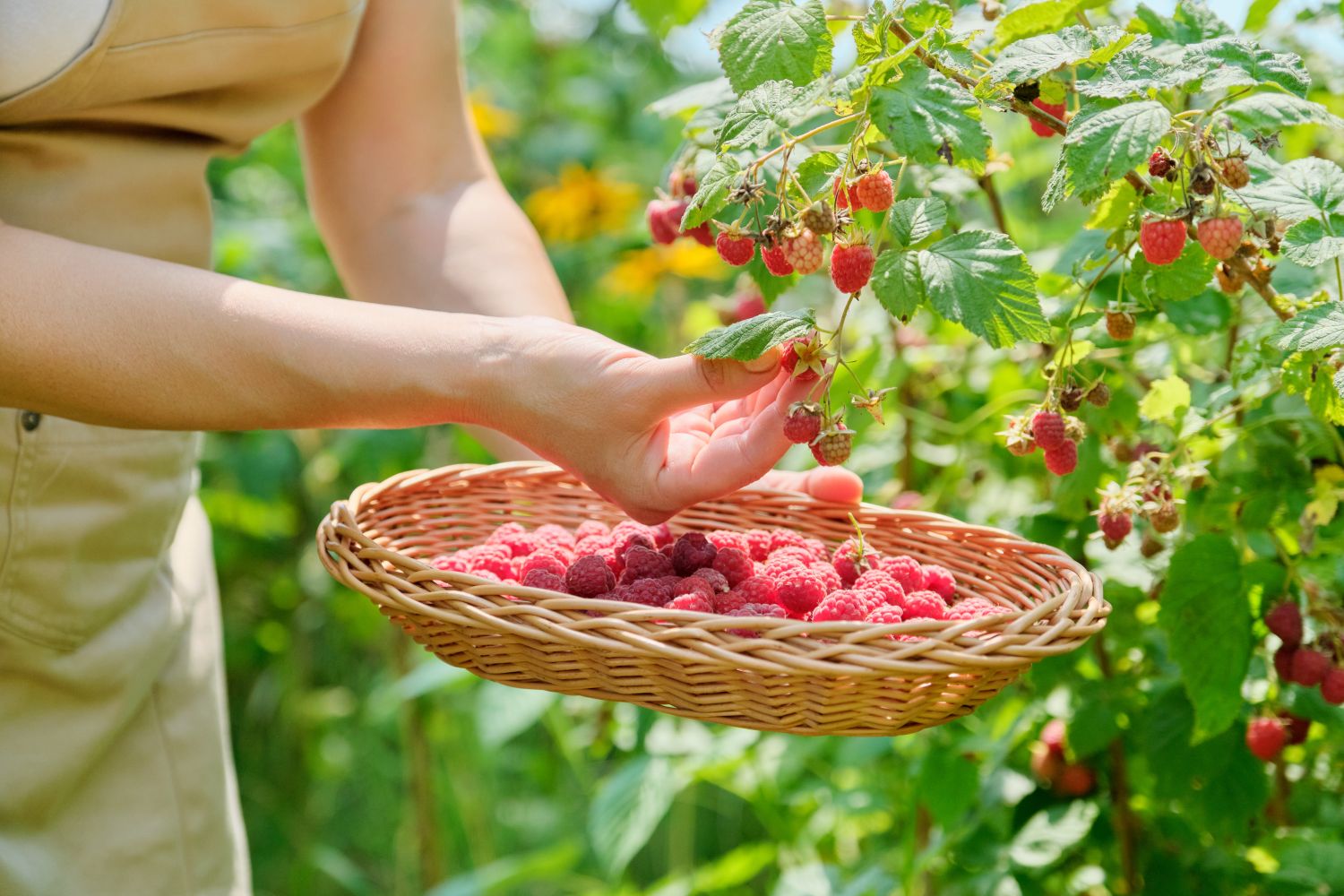
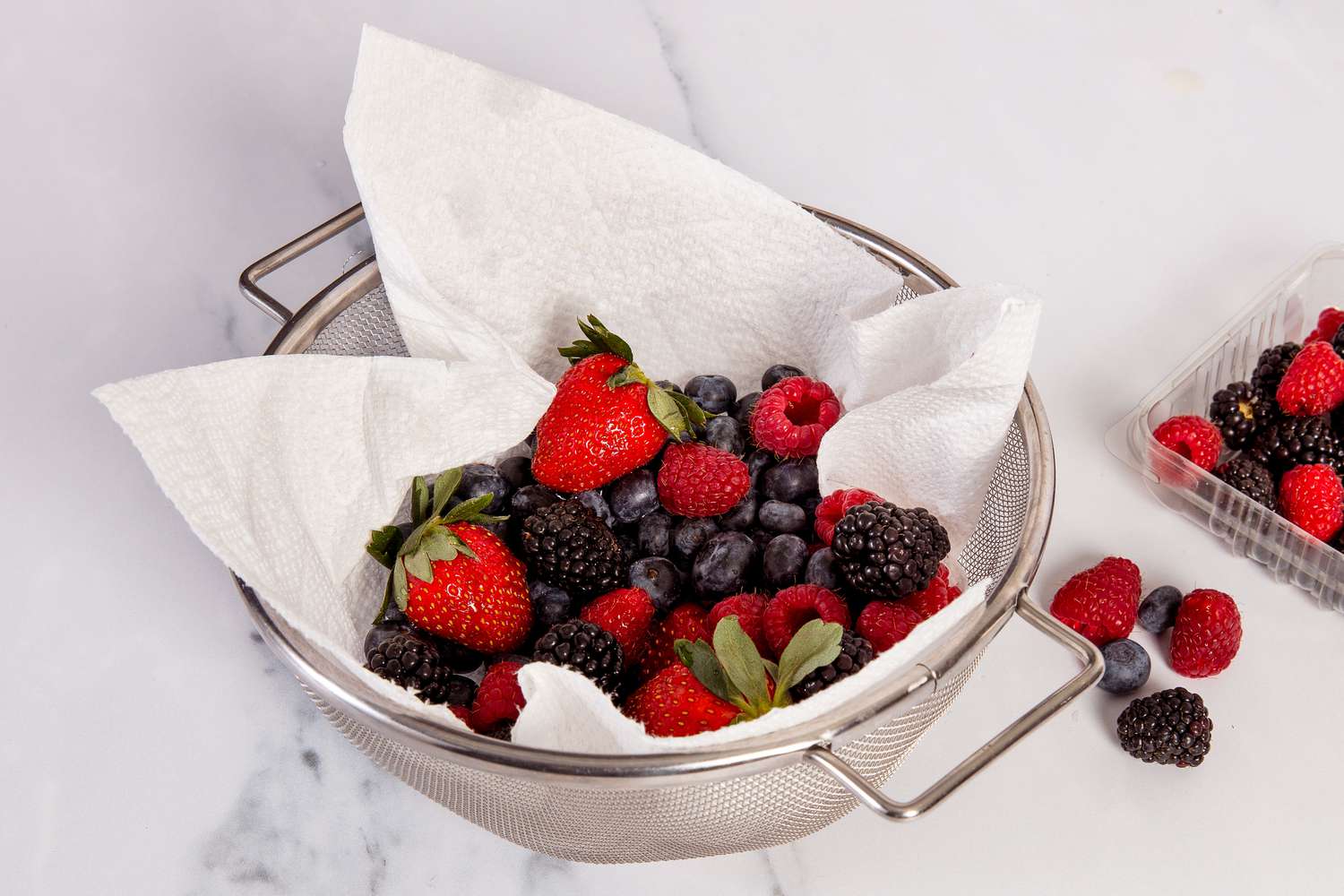
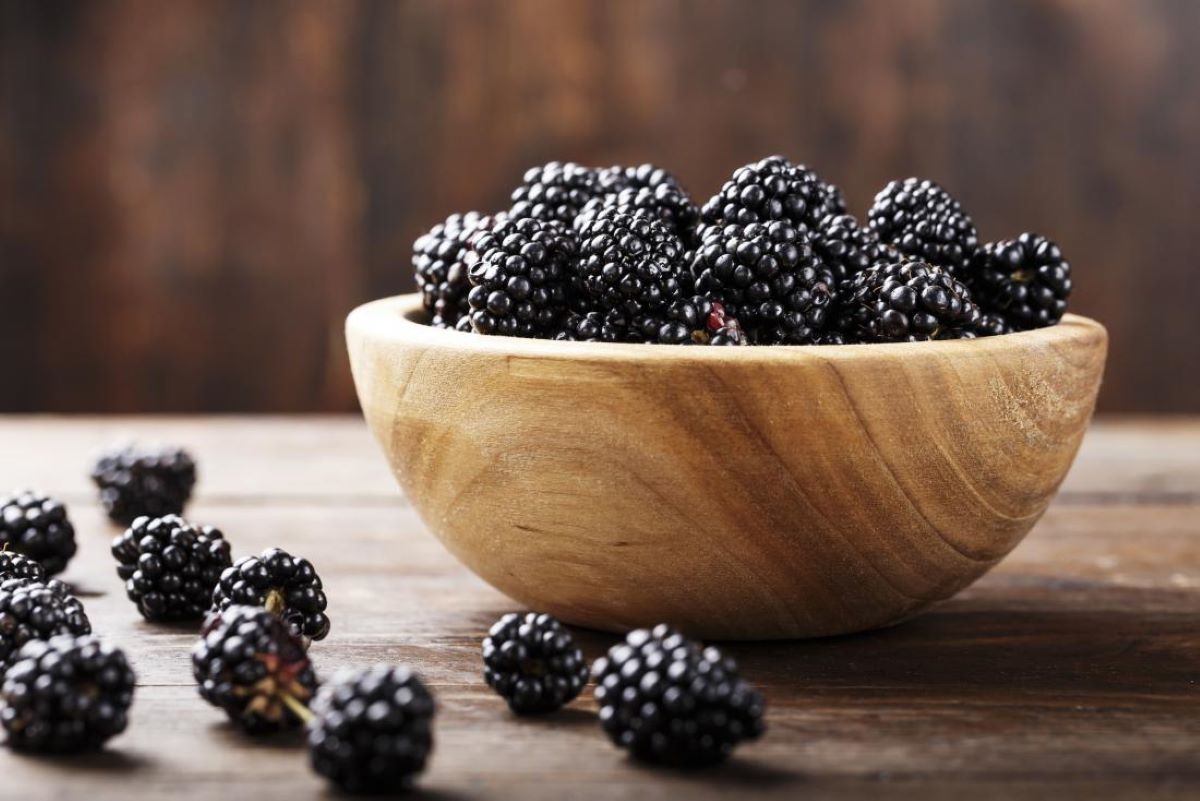
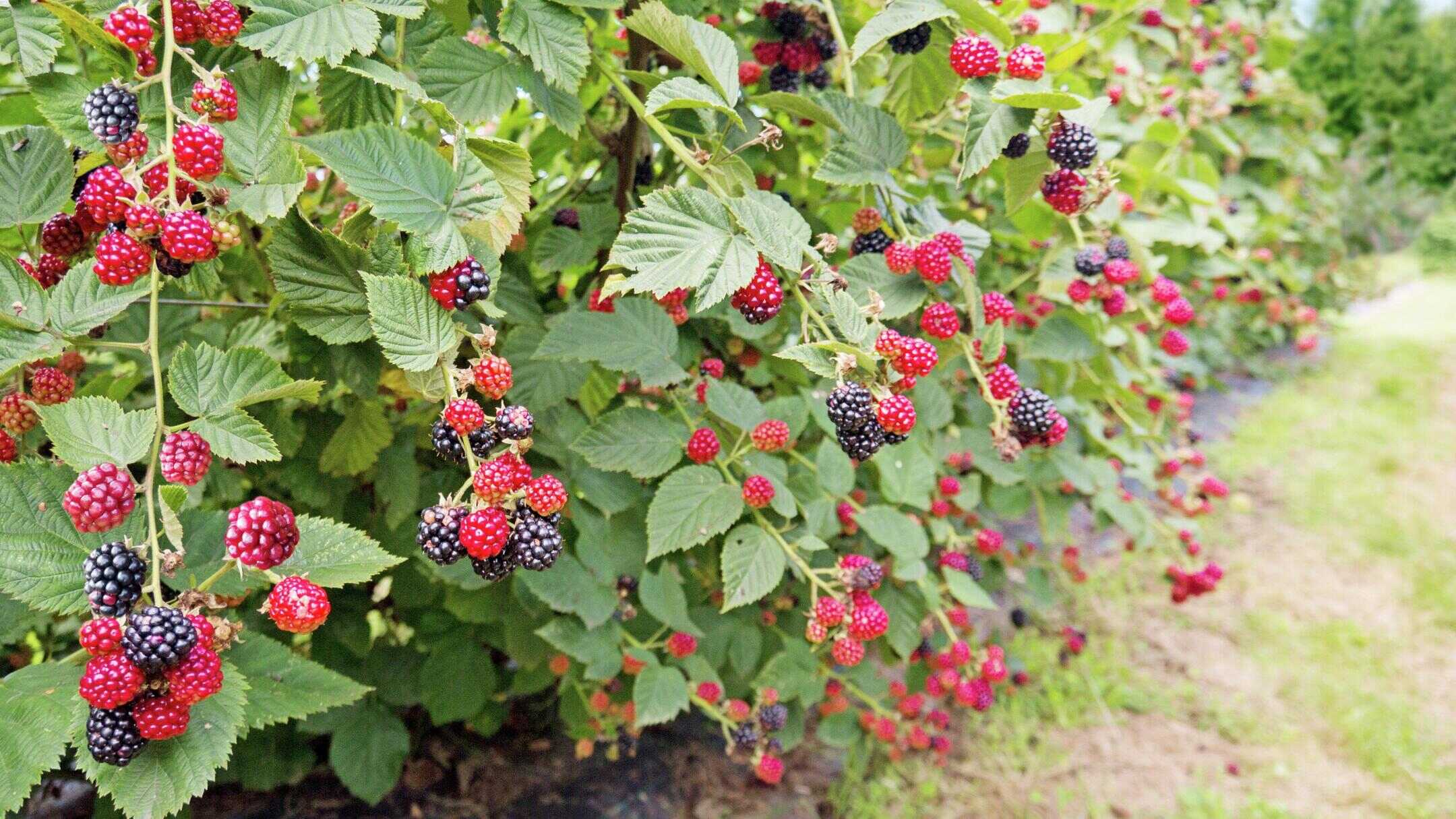
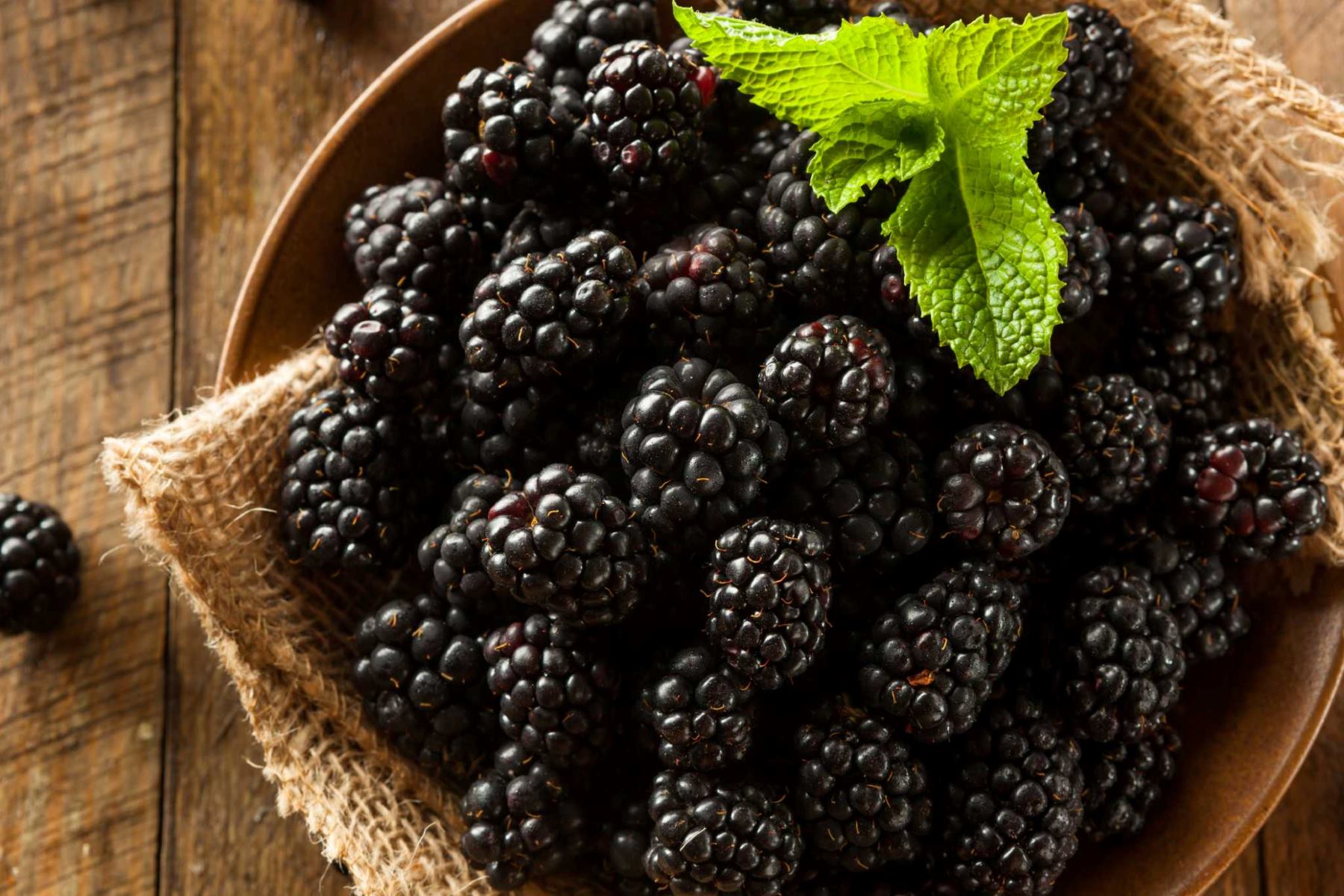

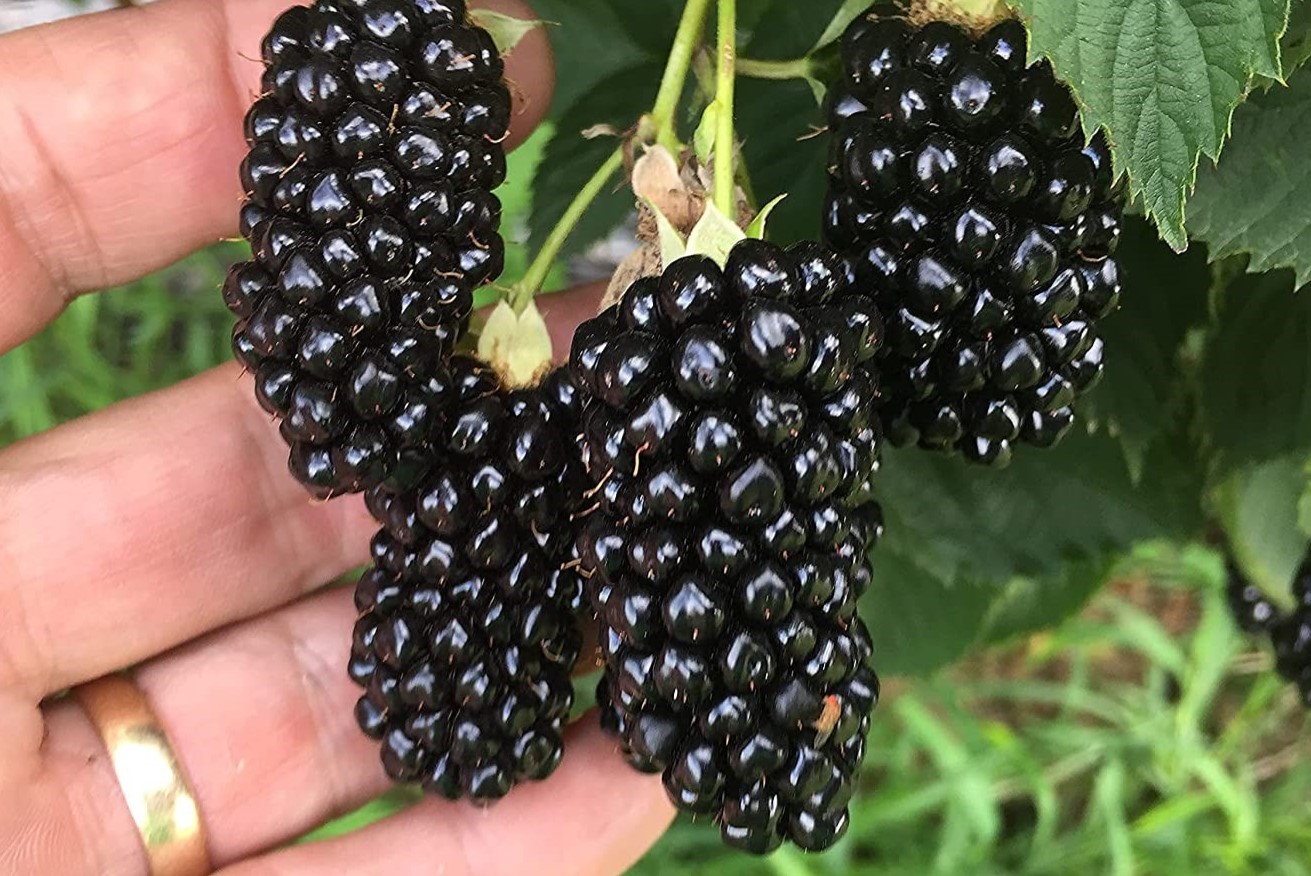

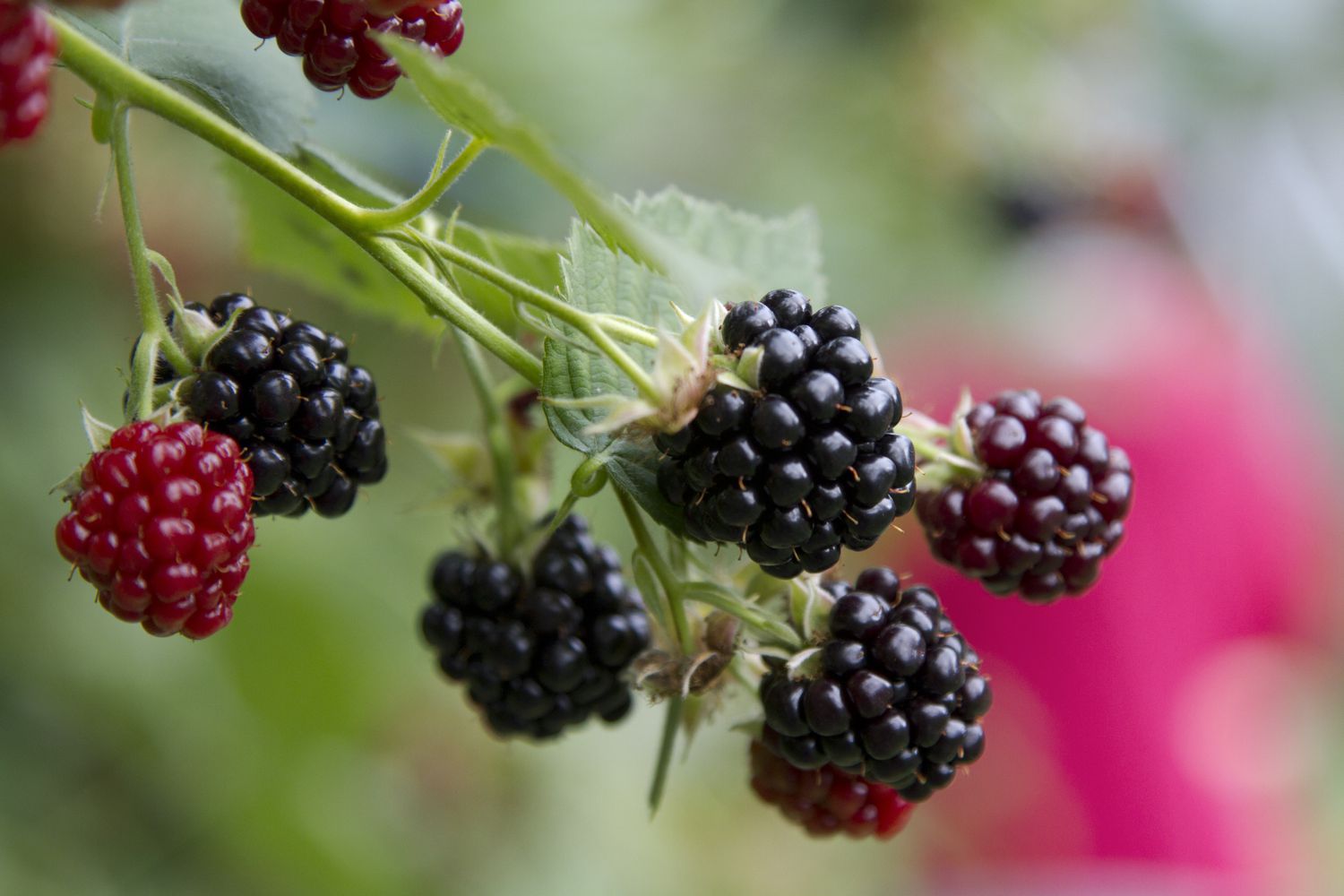
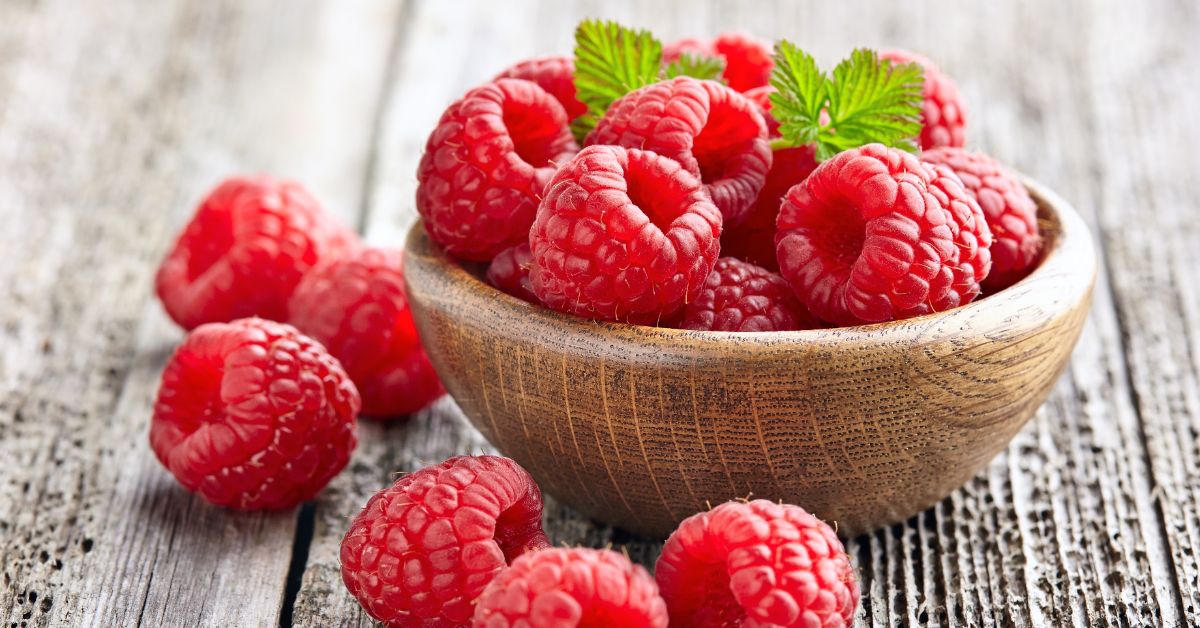

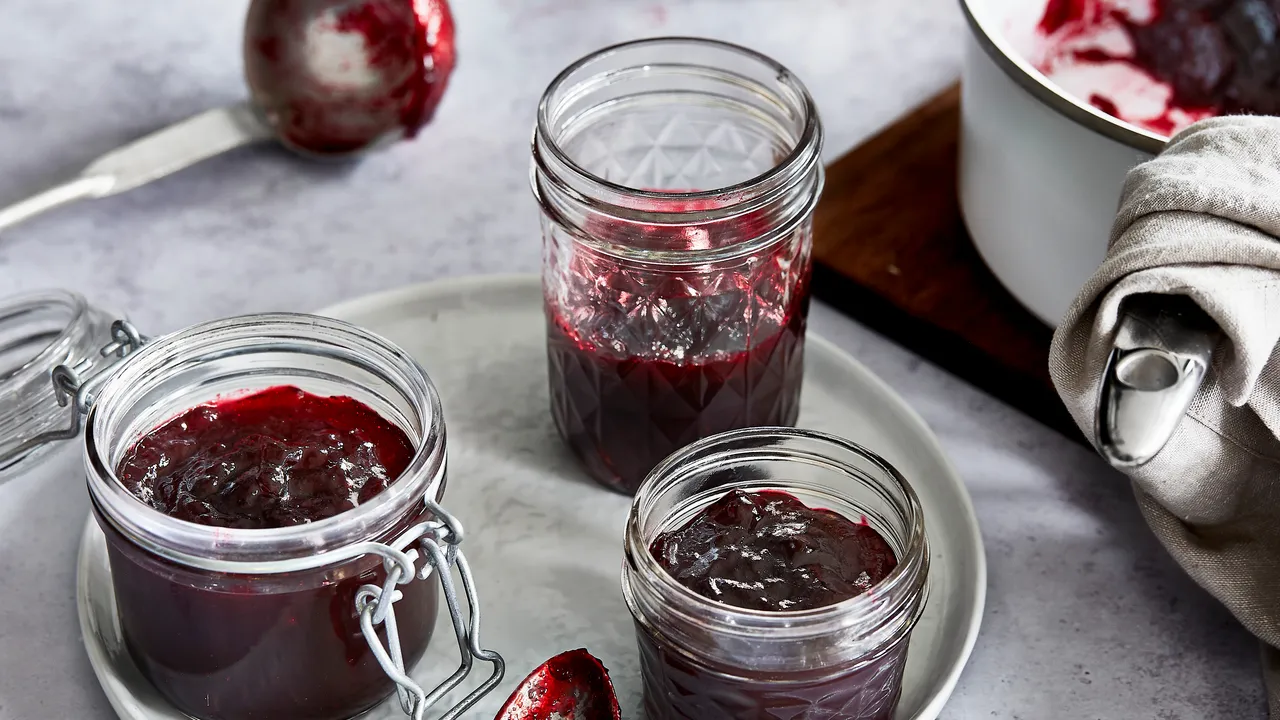

0 thoughts on “How To Store Raspberries And Blackberries”